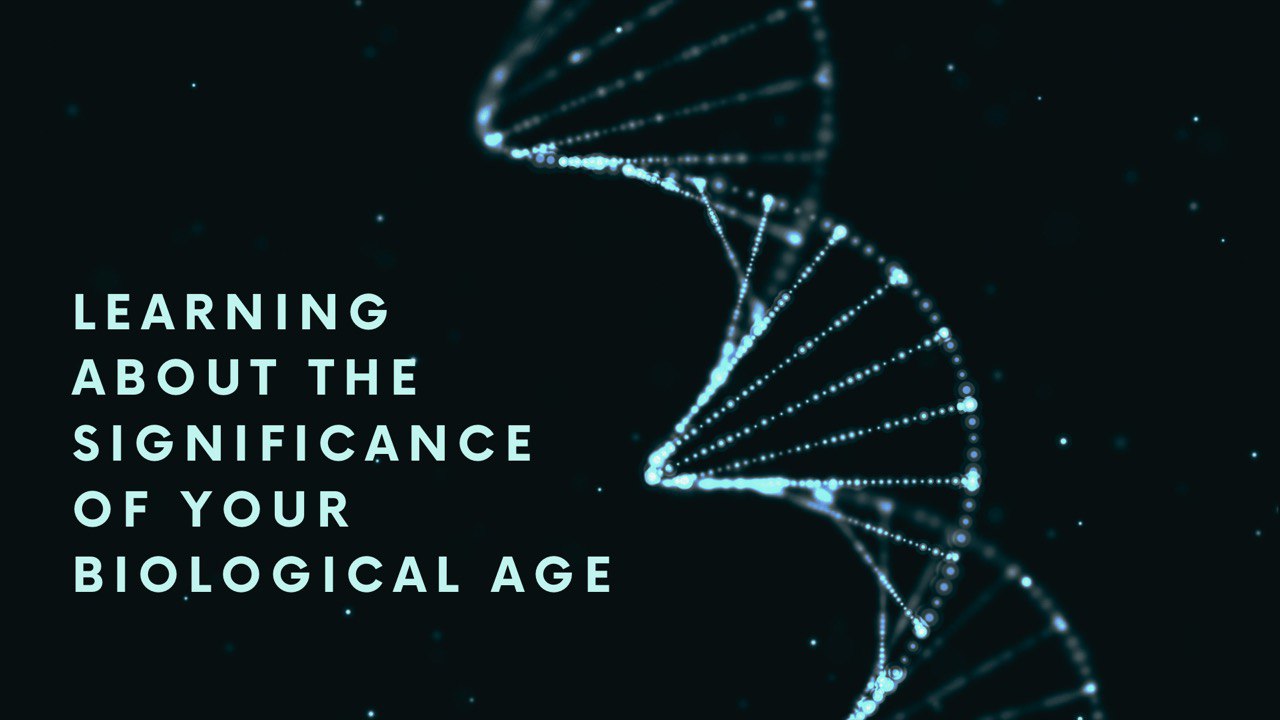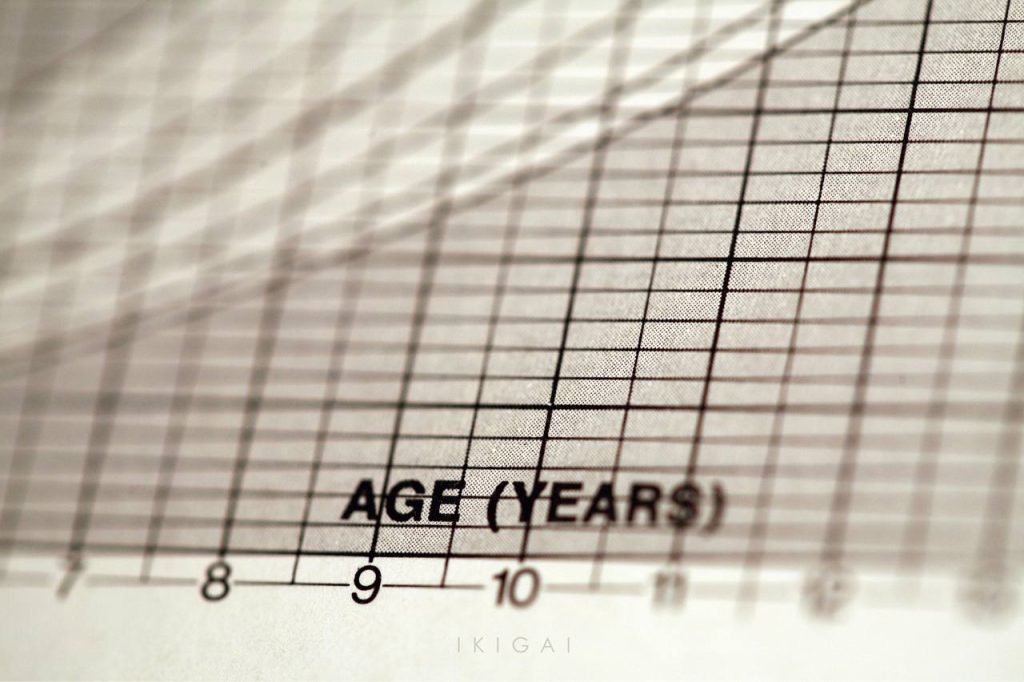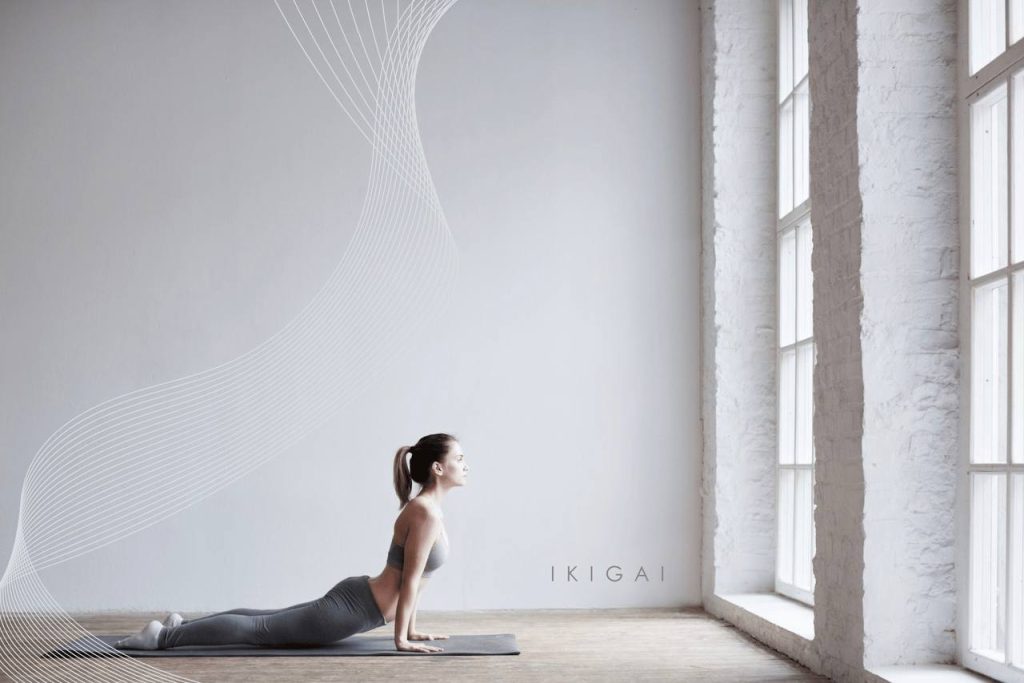
Understanding the Significance of Your Biological Age
When we talk about age, we often refer to our chronological age – tahe number of years we’ve lived since birth. It’s the age that graces our official documents and determines when we celebrate our birthdays. However, there’s another age that’s equally, if not more, important when it comes to our overall well-being – our biological age.
What is Biological Age?
When we talk about age, we often refer to our chronological age – the number of years we’ve lived since birth. It’s the age that graces our official documents and determines when we celebrate our birthdays. However, there’s another age that’s equally, if not more, important when it comes to our overall well-being – our biological age.
Biological age represents the state of your body’s health and vitality. Unlike chronological age, which simply counts the years, biological age takes into account various factors, including genetics, lifestyle, and overall health. It assesses how well your body is aging on the inside.


The Surprising Discrepancy
In some cases, there’s a striking difference between your biological age and your chronological age. You might be 40 years old according to your birthdate but have the biological age of a 30-year-old. Conversely, others might find that their biological age surpasses their chronological age.
Why Does Biological Age Matter?
Understanding your biological age can be a game-changer for several reasons:
Biological age offers insights into your future health. If your biological age is older than your chronological age, it could indicate a higher risk of age-related diseases like heart disease, diabetes, or cognitive decline. On the flip side, a younger biological age suggests a healthier, longer life expectancy.
Armed with knowledge of your biological age, you can make targeted lifestyle changes. If your biological age is higher than expected, it’s a sign that you might need to improve your diet, exercise regimen, or stress management. Conversely, a younger biological age can be a testament to the effectiveness of your healthy lifestyle choices.
For many, knowing their biological age serves as powerful motivation to prioritize health and well-being. It’s a tangible way to track the impact of positive changes and stay committed to a healthier lifestyle.
Your biological age can guide your healthcare decisions. It can influence the frequency of health screenings and the urgency of certain interventions. For instance, if your biological age suggests a higher risk of osteoporosis, you might opt for earlier bone density testing.
Armed with your biological age, you can tailor your anti-aging strategies more effectively. Whether it’s skincare, nutrition, or exercise, knowing where your body stands in the aging process can help you choose the right interventions.

Measuring Your Biological Age
Several methods can estimate your biological age:
- Biomarker Tests: These involve analyzing specific biomarkers, such as cholesterol levels, blood pressure, and genetic markers, to determine your body’s aging rate.
- DNA Methylation: Epigenetic clocks examine changes in DNA methylation patterns to estimate biological age accurately.
- Health Assessments: Comprehensive health assessments may include physical exams, blood tests, and questionnaires to gauge various health parameters.
Ikigai offers various tests to help you check your biological age.
The Road to a Younger Biological Age
There are steps you can take to turn back the clock:
- Eat a Balanced Diet: A diet rich in fruits, vegetables, lean proteins, and whole grains can support optimal health. We will be able to help advice you on the appropriate diet and nutrition/supplements that would be beneficial for your health.
- Stay Physically Active: Regular exercise, including both cardiovascular workouts and strength training, can slow down the aging process.
- Manage Stress: Chronic stress can accelerate aging. Incorporate stress-reduction techniques like mindfulness, yoga, or meditation into your daily routine.
- Prioritize Sleep: Quality sleep is essential for overall health and can positively impact your biological age.
- Limit Toxins: Avoid or minimize exposure to environmental toxins, such as pollution and excessive sun exposure, which can contribute to premature aging.